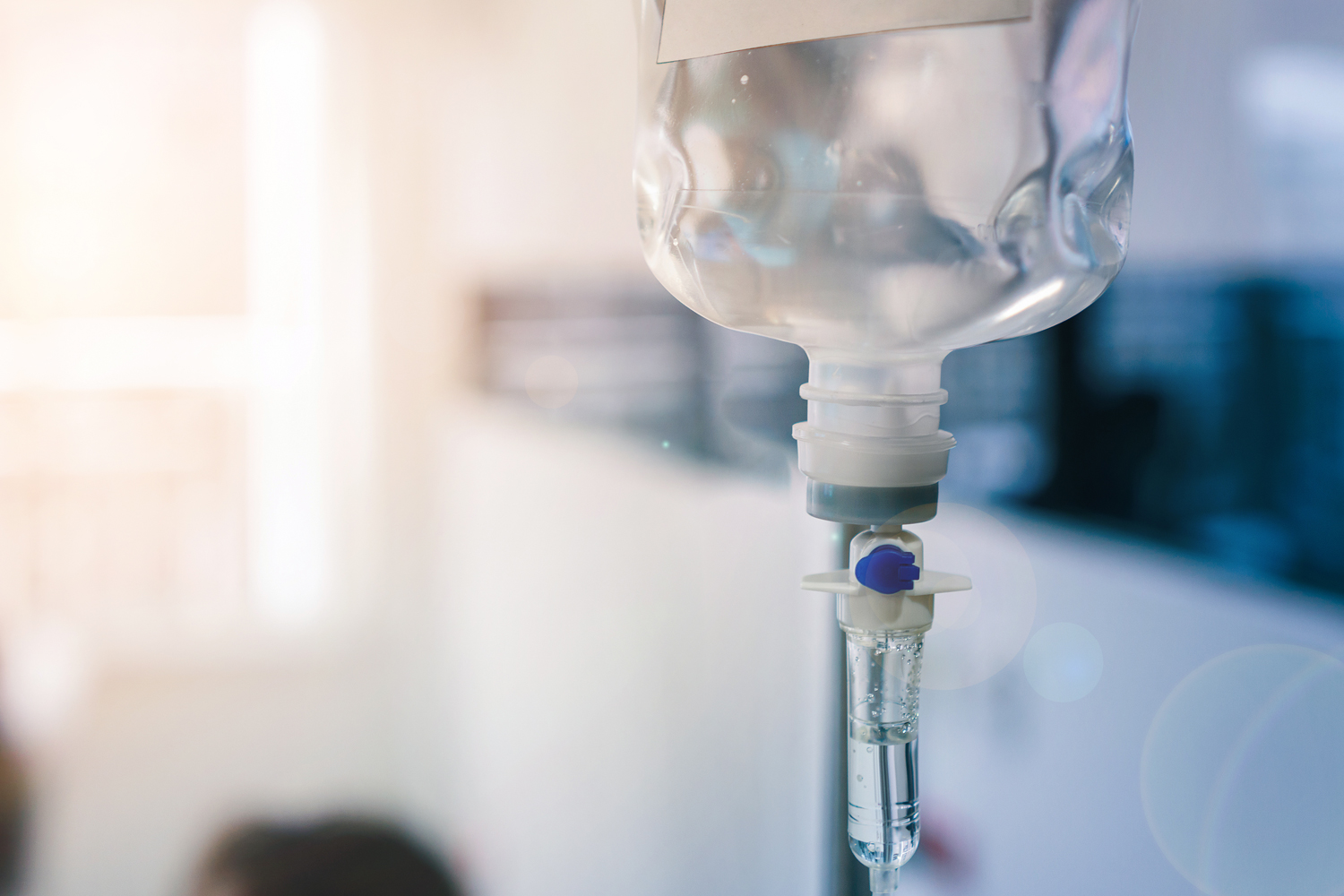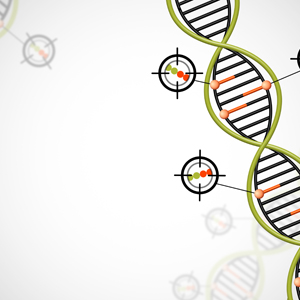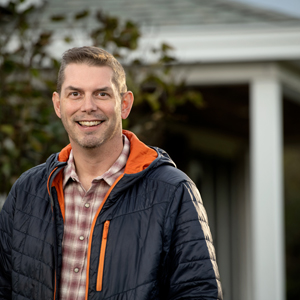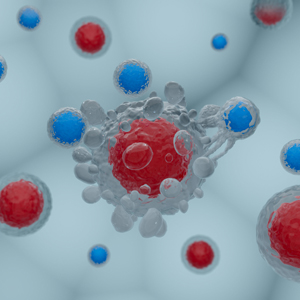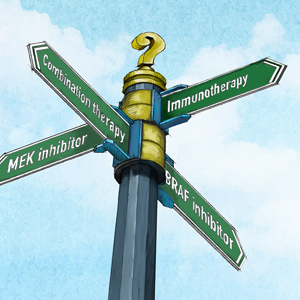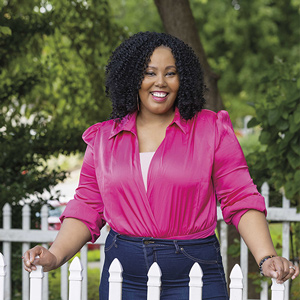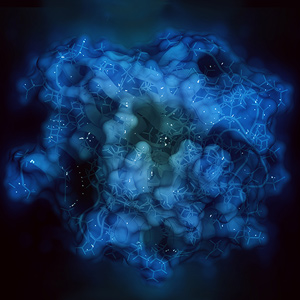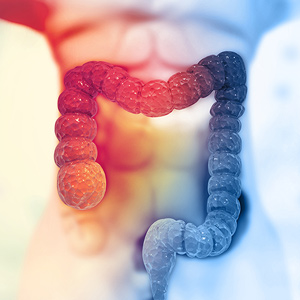-
When Cancer Is in the Family
You've inherited a genetic variant linked to cancer risk. Now what?
by Stephen Ornes
-
Survivor Profile
Strength in the PackWhile undergoing treatment for colon cancer, Trevor Maxwell started Man Up to Cancer, a support community for men.
by Jon Kelvey
-
Q&A
The Certainty of UncertaintyAfter a stage IV cancer diagnosis, Kate Bowler publishes a second memoir that explores the precarious nature of her own mortality.
by Marci A. Landsmann
-
Forward Look
CAR T Cells for Blood Cancer PatientsResearchers aim to minimize disease relapses by targeting multiple proteins.
by Erin O'Donnell
-
Get Involved
Doing Yoga in RecoveryA volunteer program brings yoga to cancer patients in the hospital.
by Bradley Jones
-
Forward Look
There’s Time to Consider Fertility Preservation OptionsWomen with breast cancer who choose fertility preservation have treatment outcomes similar to women who don't undergo fertility preservation.
by Kris Conner
-
More Options for Treating Melanoma
With targeted drugs, immunotherapies and treatment combinations now available, people with advanced melanoma have choices to make.
by Kendall K. Morgan
-
Survivor Profile
A Plan of ActionJamil Rivers supported her husband through two serious illnesses before she was diagnosed with metastatic breast cancer. Her experiences as a Black woman undergoing treatment inspired her to tackle health inequities.
by Queen Muse
-
Forward Look
New Treatment Approved for Lung CancerKRAS mutations were once thought to be resistant to drug therapy.
by Carisa Brewster
-
Forward Look
Predicting Colorectal Cancer RecurrenceLiquid biopsy tests can find tiny amounts of disease that remain after surgery and chemotherapy.
by Kris Conner
Cancer Talk
Controlling Cancer Without Surgery
Immunotherapy can induce a complete response in some people with mismatch repair-deficient cancers with solid tumors.
by Thomas Celona
Alleviating Skin Side Effects in Colorectal CancerA clinical trial finds a topical gel can decrease acneiform rash and improve quality of life in people being treated for colorectal cancer.
by Thomas Celona
At-home Prostate Cancer Test May Help Some Men Avoid BiopsyThe test, which analyzes urine for 18 cancer-specific genes, ruled out the need for biopsy in men with elevated PSA without a digital rectal exam.
by Sandra Gordon
The Power of ComedyIn a new play, the pain of cancer can be a chance to laugh.
by Ashley P. Taylor

